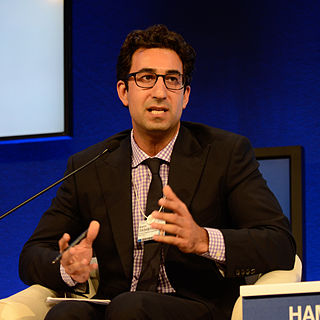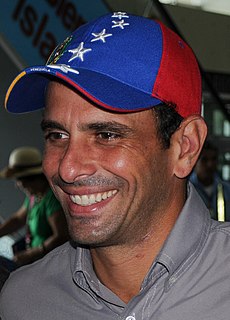A Quote by Terry Glavin
As far back as Iran's aborted 'Green Revolution' in 2009, Obama's supplications to Iran's ruling theocracy have amounted to diplomatic shivs in the backs of Iran's youthful democratic insurrectionists, mash notes written directly to Khomeinist supremo Ali Khamenei and the scuttling of programs documenting the regime's human rights outrages.
Related Quotes
My advice for Obama concerning Iran is just to do what you already promised you would do, open up communications with Iran. Which is what I did after the Shah was deposed, as you know when the revolutionary government came in, I still had diplomatic relations with Iran, otherwise the hostages wouldn't have been there. We had about, as you know, 60 some diplomats in Iran, they had about the same number in Washington.
Now in its third year in office, the Obama Administration has never championed the cause of human rights. Its slow reaction in June 2009 to the stealing of the election in Iran and the birth of the 'Green Movement' there, and its delay in backing the rebellions in Egypt, Libya, and Syria, are evidence of this problem.
After the revolution of 1979, Iran embarked on a policy of sectarianism. Iran began a policy of expanding its revolution, of interfering with the affairs of its neighbors, a policy of assassinating diplomats and of attacking embassies. Iran is responsible for a number of terrorist attacks in the Kingdom, it is responsible for smuggling explosives and drugs into Saudi Arabia. And Iran is responsible for setting up sectarian militias in Iraq, Pakistan, Afghanistan and Yemen, whose objective is to destabilize those countries.
General [James] Mattis has said that the deal's in place. We can't unilaterally pull out of it without support from our allies because the sanctions wouldn't bite as deeply. And so he'll find other ways to push back against Iran in the various conflicts that Iran is fomenting around the [Iran] region.

































